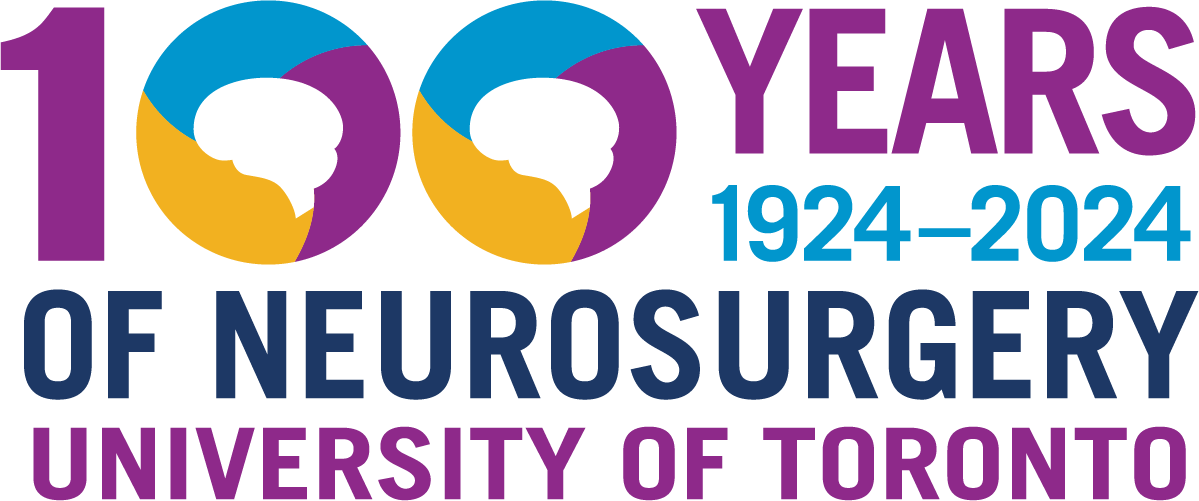- Registration has closed.
Thank you for your interest in the course. Registration is now closed. We hope to see you at a future course.
Event Dates
Saturday, May 18 – Tuesday, May 21, 2024
Times in the program are in Eastern Daylight Time (EDT)
Event Location
The Temerty Advanced Surgical Education and Simulation Centre located in the Michener Institute of Education at UHN Toronto, ON Canada
Information & Assistance

 Copyright© 2020 | MYConference Suite Registration | D.E. Systems | All Right Reserved.
Copyright© 2020 | MYConference Suite Registration | D.E. Systems | All Right Reserved.